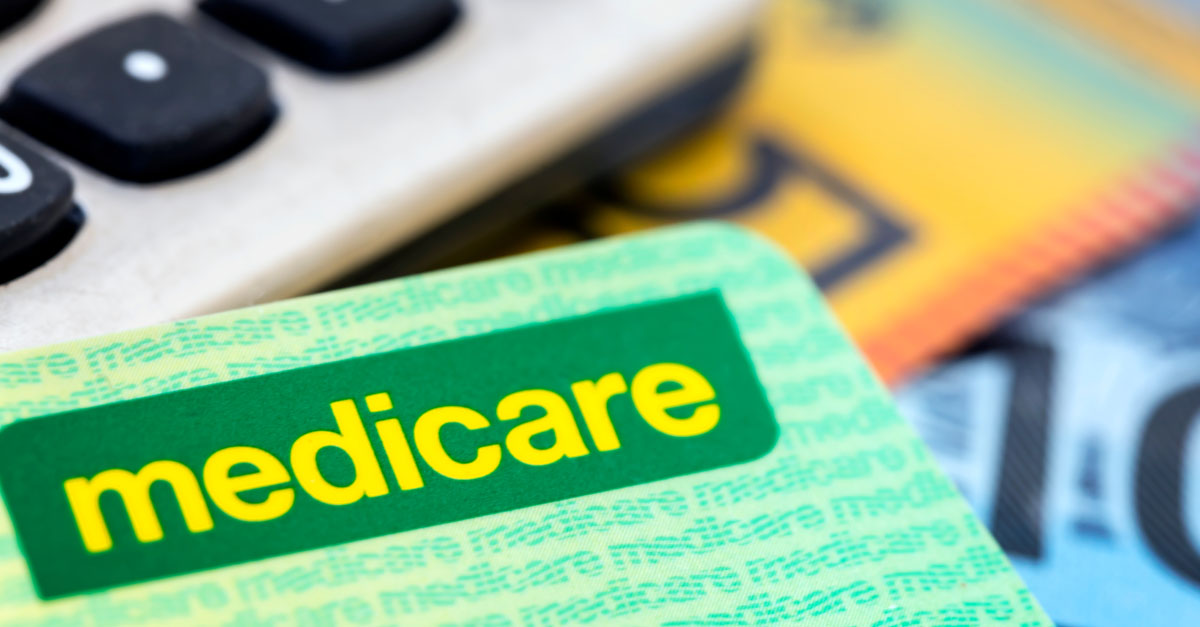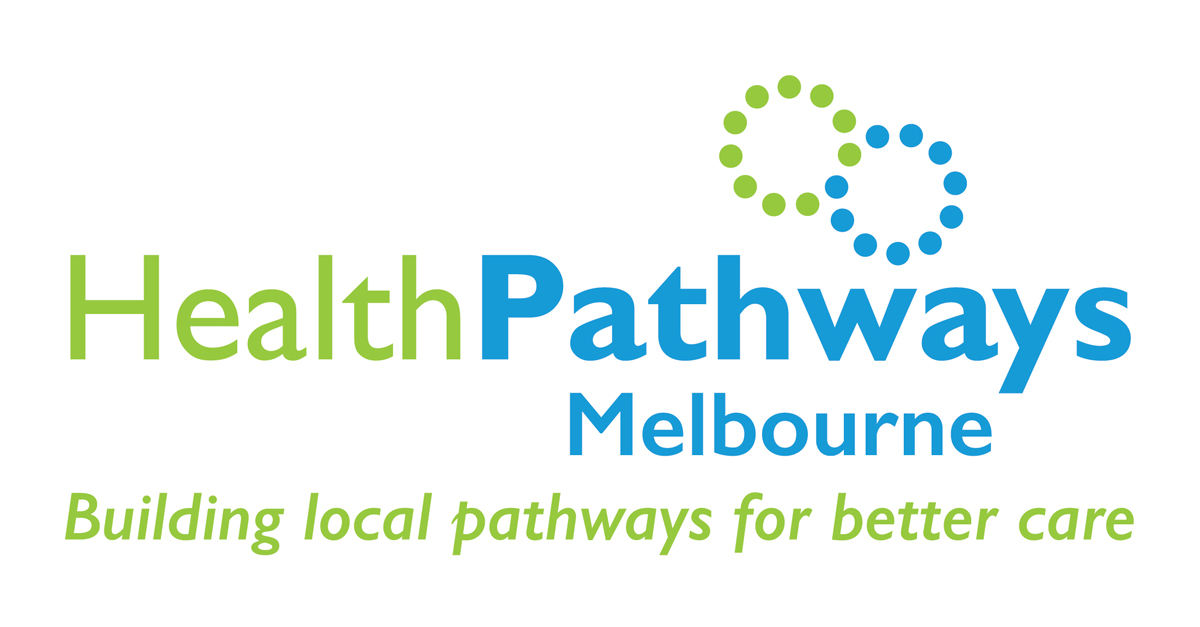
What are the changes to the Medicare Benefits Schedule (MBS)?
From 1 November 2019 there were changes to the Medicare schedule relating to eating disorder treatment. The changes include new items for GPs to use for the preparation and review of an Eating Disorder Treatment and Management Plan. The new items will replace the current combined use of mental health and chronic disease care plans.
The listing of these new items is a result of recommendations by the independent clinician-led MBS Review Taskforce in 2018 and the Australian Government’s response to those recommendations.
Under the new items, patients will have access to a significantly higher number of sessions from psychologists and dietitians with expertise in eating disorder treatment.
Eligible patients with an Eating Disorder Treatment and Management plan will be able to receive a Medicare rebate, which will activate:
- A course of evidence-based eating disorder psychological treatment services (up to a total of 40 psychological services in a 12-month period – an initial 10 + 10 from the GP referral with the possibility of another 10 + 10 after a psychiatrist review))
- Up to 20 dietetic services, in a 12-month period, depending on their treatment needs
What is an Eating Disorder Treatment and Management Plan?
An Eating Disorder Treatment plan essentially follows the same rules and rebates for GPs as Mental Health Treatment Plans but uses different item numbers to trigger the services.
The following items must be included in the Plan:
- An opinion on the diagnosis of the patient’s eating disorder
- Treatment options and recommendations to manage the patient’s condition for the following 12 months
- An outline of the referral options to allied health professionals for mental health and dietetic services (and referral options to specialists, as appropriate)
The GP must offer the patient and the patient’s carer (if any, and if the GP considers it appropriate and the patient agrees):
- A copy of the plan
- Suitable education about the eating disorder
Who is eligible?
There are two cohorts of patients eligible for the new item numbers:
- Patients with a clinical diagnosis of anorexia nervosa
- Patients who meet the eligibility criteria (see below) and have a clinical diagnosis of any of the following conditions:
- Bulimia nervosa
- Binge eating disorder
- Other specified feeding or eating disorder
The eligibility criteria for a patient are:
- A person who has been assessed as having an Eating Disorder Examination Questionnaire score of three or above
- Their condition is characterised by rapid weight loss, or by frequent binge eating or inappropriate compensatory behaviour (three or more occurrences per week); and
- A person who has at least two of the following indicators:
- Clinically underweight with a body weight less than 85% of expected weight, where weight loss is directly attributable to the eating disorder
- Current or high risk of medical complications due to eating disorder behaviours and symptoms
- Serious comorbid medical or psychological conditions significantly impacting on medical or psychological health status with impacts on function
- The person has been admitted to a hospital for an eating disorder in the previous 12 months
- Inadequate treatment response to evidence-based eating disorder treatment over the past six months despite active and consistent participation
What are the new item numbers?
| Item number | Name | Fee | Benefit |
|---|---|---|---|
| 90250 | EDP preparation of at least 20 minutes but <40 minutes by GP without mental health training | $72.85 | 100% = $72.85 |
| 90251 | EDP preparation of at least 40 minutes by GP without mental health training | $107.25 | 100% = $107.25 |
| 90252 | EDP preparation of at least 20 minutes but <40 minutes by GP with mental health training | $92.50 | 100% = $92.50 |
| 90253 | EDP preparation of at least 40 minutes by GP with mental health training | $136.25 | 100% = $136.25 |
| 90264 | EDP Review by GP | $72.85 | 100% = $72.85 |
The full outline of the requirements for each item as well as the Stepped Model process can be found in The Eating Disorders Items Stepped Model of Care Quick Reference Guide.
What do I need to do in my practice?
The process for GPs to prepare the Plan and trigger the new visits is essentially the same as for existing Mental Health Treatment Plan items – but with different numbers. Some things you might want to do in your practice are:
- Upload a copy of the Eating Disorder Treatment Plan and Eating Disorder Examination Questionnaire (EDEQ) into your systems for the clinicians to use.
- To score the EDEQ add each section and divide by the number of questions in the section. For example: section 1 has 12 questions – add the score for all the questions and divide by 12.
- Inform everyone in the practice of the changes, including the new item numbers and the need to use the EDEQ.
- Clinicians may consider giving the questionnaire to the patient to complete at home.
- Add the new item numbers into your practice management system.
- Create a template; the quickest way to do this is to simply save a duplicate copy of your current mental health treatment plans, rename them as eating disorder treatment plans and make sure the new version includes all of the mandatory information above.
Where can I find more information?
MBS Online
Resources for general practice
- New MBS Items for Eating Disorders – Cheat Sheet for GPs – developed by the National Eating Disorders Collaboration.
- Eating Disorders: A Professional Resource for General Practitioners by the National Eating Disorders Collaboration.
- The General Practice Mental Health Standards Collaboration (GPMHSC) has a number of other mental health resources for general practice available on its website.
Education
GPs who have completed are able to claim higher rebates for these new item numbers.
- The RACGP has a list of accredited Mental Health Skills Training courses on their website. You can search using the ‘specific requirement filter’.
- You can also find courses accredited by the GPMHSC on its website.
The National Eating Disorders Collaboration has also created free online modules to help educate GPs about the screening, assessment and referral of patients living with an eating disorder.
- HealthPathways Melbourne has an Eating Disorders in Children and Adolescents pathway that can be used at the point of care, as well as Adult and Child and Adolescent Eating Disorders Specialised Referral pathways.
If you do not have access to HealthPathways please contact info@healthpathwaysmelbourne.org.au
Disclaimer: This article was provided by NWMPHN. While every effort has been made to ensure the information is accurate, North Western Melbourne Primary Health Network does not warrant or represent the accuracy, currency and completeness of any information or material included within.





